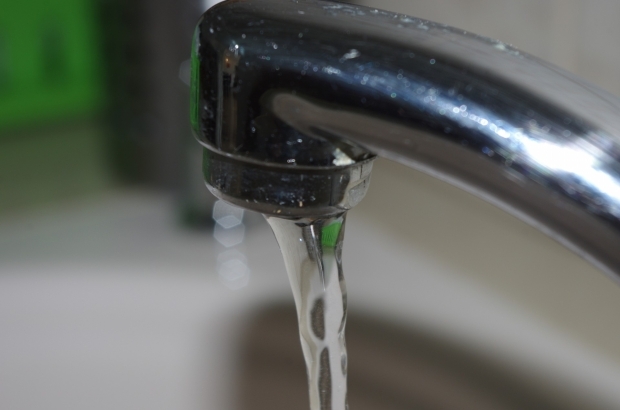- Daily & Weekly newsletters
- Buy & download The Bulletin
- Comment on our articles
Vivaqua faces €80 million in debt from unpaid water bills
Brussels water supplier Vivaqua is currently sitting on €80 million in debt as a result of people failing to pay their water bills.
The outstanding balance relates to amounts that have accumulated over recent years and is linked to "the specific characteristics" of the Brussels population, Bruzz reports.
In its recently published annual financial report, Vivaqua cites research showing that more than one in four Brussels households are affected by water poverty, compared to one in five in Wallonia and only one in 10 in Flanders.
Because Vivaqua is legally obliged to guarantee a minimum service to households, even in the event of persistent non-payment of bills, it loses out on a sizeable amount in revenue.
Revenue from the sale of water and related services amounted to €303 million in 2024 – far lower than what it would be if all households were able to pay their bills.
Many small and medium-sized businesses also fail to pay their water bills or pay them late, especially in the hospitality sector.
Vivaqua is almost entirely dependent on water sales for its income, which is why it is worried about increasing poverty and bankruptcies.
The company writes in its report that the greatest financial uncertainty in the coming years lies "in the trend of unpaid outstanding claims as a result of company bankruptcies or the precarious situation of households".
The exact same concern was noted in the previous year’s report, as well.
Discussions are under way with public social welfare centres and Brussels Taxation to improve the flow of information about the financial situation of non-paying households and businesses, with an aim to respond more quickly to non-payment and to explore all possible financial and collection techniques.
Vivaqua is also collecting as many mobile phone numbers as possible from its customers so that it can send reminders if necessary.
“We’ve found that personalised text messages are an effective way of improving payment behaviour,” said spokesperson Saar Vanderplaetsen.
The report did note that the IT problems that disrupted invoicing in recent years were finally resolved. At the end of last year, the invoice flow for 99% of the 400,000 connections was back to normal, both for periodic payments and annual statements. This has eased the pressure on the previously overburdened call centre.
The end of the billing chaos has had a double positive effect on revenue, with some of the uncollected revenue from previous years recovered and new contacts with customers leading to better payment behaviour.















Comments
2026 update
Well, this fine company has found a way to get their earnings back up. They are raising the water rate by a whopping 12.5% for EVERYONE lucky enough to live in Brussels. And not a single objection can be heard from any official source.